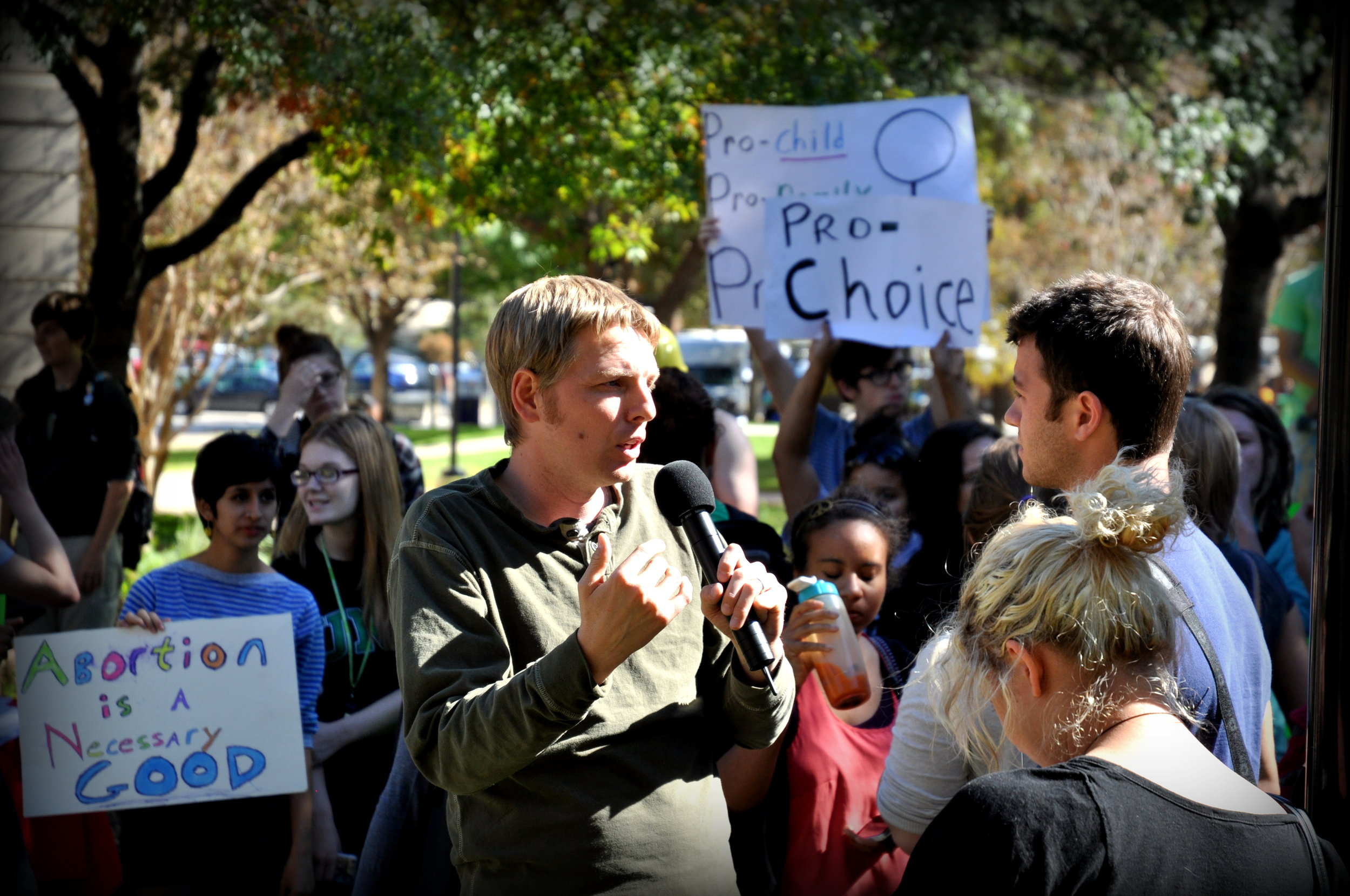"Suffering" from JFA's Art of Life Exhibit
This panel from JFA's Art of Life Exhibit features "Sorrowing Old Man (At Eternity's Gate)" by the famous Dutch painter Vincent Van Gogh (1890). He completed it only two short months before his own death.
Nearly every reason for obtaining abortion relates to some form of suffering, whether experienced by the woman at the moment of her decision, or which the woman fears she or her child will undergo in the future:
"My parents will hate me if they find out I'm pregnant."
"My boyfriend will break up with me if I don't get the abortion."
"I definitely can't afford to care for a baby now."
"I don't even know who the father of the baby is - I don't want my child to grow up without a dad."
"My education and career goals will never pan out if I have a child to raise on my own."
"Pregnancy is making me unbearably sick - I have to remain on bedrest just to keep the baby alive."
Or, perhaps:
"This baby has a lethal fetal anomaly and will die at birth. I don't want my child to go through that, and I don't think I can watch him undergo that much suffering."
The "Suffering" panel shown nearby states, "The art of life is better than abortion." Do you agree that it is better for a woman to endure suffering than for a child to be killed by abortion? And if it is likely that a child will suffer, do you think that allowing that child to endure suffering is better than killing him or her by abortion? Why or why not? Share your thoughts in the comments below; or better yet, share this post with a friend and start a conversation.
(For more information about the painting, including insight from Van Gogh himself into the work's intended meaning, see JFA's Art of Life Exhibit page.)























